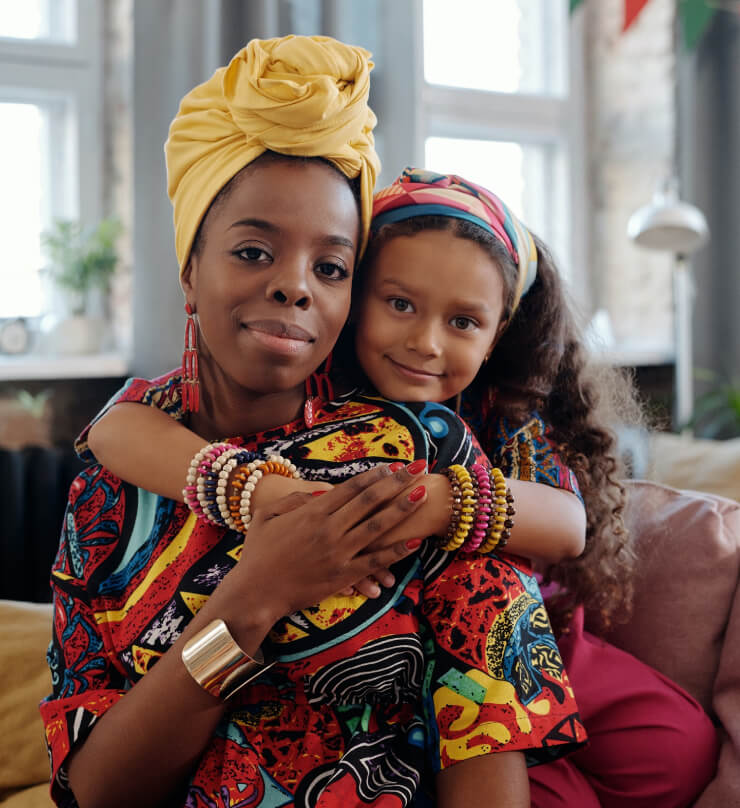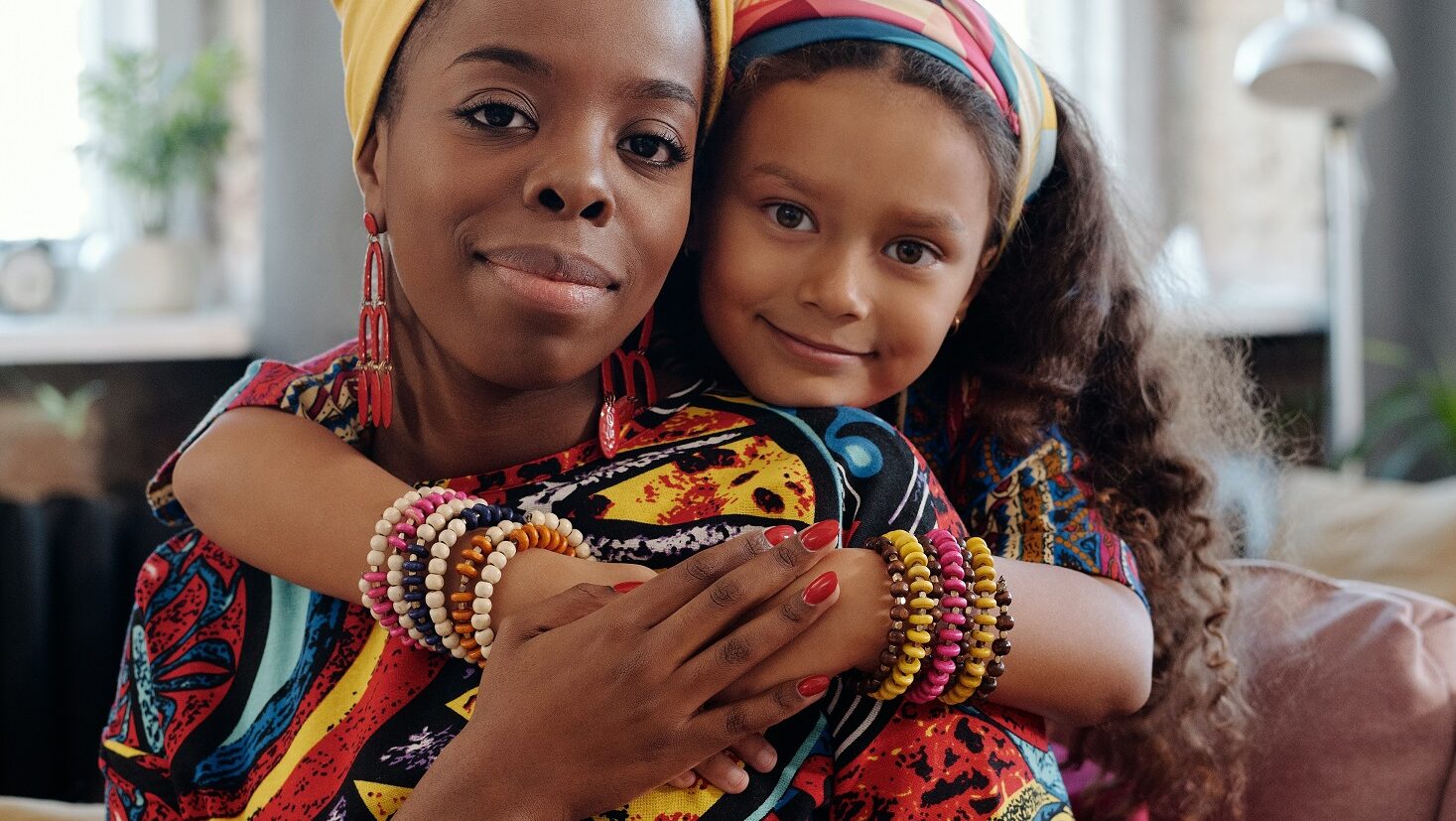
This article was written by Kristen N. Hubbard.
What exactly is a millennial mom? For those who don’t know, Pew Research defines millennials as people born between 1981 and 1996. In simplest terms, millennial moms are moms who occupy a specific age group. In America, at least, the decision to be a millennial mom is made amid drastic change. Just last year in America, California was on fire, a global pandemic killed hundreds of thousands, and white supremacy had reasserted itself in mainstream politics. Despite the new world order and parenting difficulty, Pew Research finds that 57% of millennial moms are confident in their skills as a parent. What is a millennial mom outside of their age group, and why are they so confident in their abilities?
What is a Millennial Mom: Single Parenthood
Understanding millennial moms requires knowledge of the challenges they face. One major challenge for millennial moms is single parenthood. Pew Research finds that one in four parents in the United States is single, a drastic change from the one in ten statistics from the boomer days. Furthermore, according to a study conducted by researchers at John Hopkins University, it is more common for millennial moms, those aged 26-31, to have at least one child out of wedlock. Single motherhood is not a problem in and of itself. The problem arises when these individuals have to take on all the responsibilities of parenthood alone or with little outside help. Emotionally, physically and financially, that can be draining.
What is a Millennial Mom: Finances
Financial burdens are among the most significant issues for millennials moms because millennials are making less money than their predecessors. 20% less than the boomer generation, to be exact. On top of that, studies conducted by the Joint Center for Housing Studies of Harvard University prove that rent is on the rise and a Bankrate study confirms that millennials often work one or two “side-hustles” to help cover living expenses. Maternity costs exacerbate an already financially tenuous situation. A healthy birth in America costs around $10,808 minimum, which doesn’t factor in the nine months prior. Childcare costs aren’t much better. Households with employed mothers pay an average of $143 a week.
What is a Millennial Mom: Stress
Situations like these are stressful, which makes things worse. The APA found that millennials are 37% more likely to say that stress affects their mental health. This is problematic considering millennials are already dealing with an increase in mental health issues. Research conducted by Blue Cross Blue Shield demonstrated that millennials see a decline in physical and psychological health, which could lead to mortality rates increasing by 40%. Pair this with the APA’s survey, which demonstrates that women are more likely to report high levels of stress, and what remains is a group already vulnerable to physical and mental health issues taking on the kind of stress that would hasten a decline in both.
How Are They Coping?
Despite it all, millennial moms are confident in their parenting skills. One reason for their confidence might be optimism. Pew Research found that 68% of millennials say they feel that they are not making enough money at their job, but 88% of that same group are optimistic about earning enough in the future. This optimism is not baseless since millennials are highly educated, and economic success often depends on education. Millennials are also highly engaged with their children. Studies done for the Journal of Marriage and Family discovered that the more educated millennial parents in America compensate for the lack of time spent with their children by engaging in cognitive growth activities with them, helping them develop better.
Times are tough, but millennial moms have risen to the challenge. They have taken up parenting while possessing a good deal of optimism about their future and their child’s future. While it’s hard to pin down precisely what gives millennial moms their confidence, it seems to stem in part from a combination of optimism, education, and meaningful child engagement. Perhaps this confidence in their abilities allows millennial moms to raise their children in times like these with any success.
